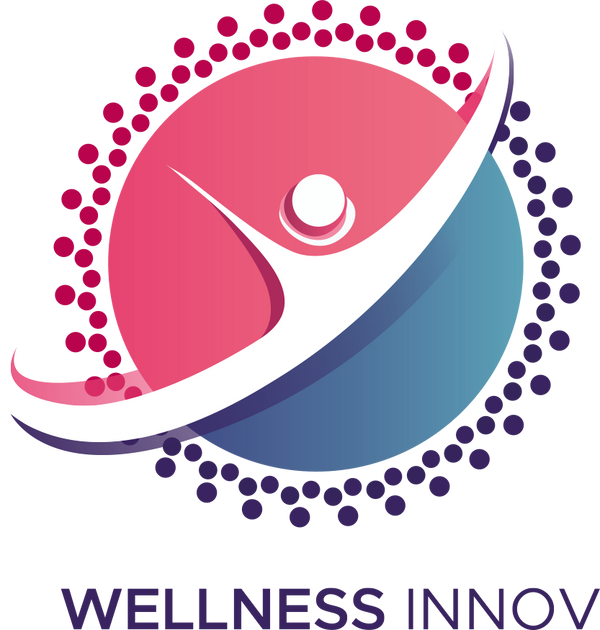The latest research shows that resveratrol, a natural ingredient in grapes and blueberries, can effectively protect against skin photoaging caused by ultraviolet rays (UVA). Through cell and mouse model experiments, it provides scientific evidence for the protection of resveratrol from UV damage through dietary intake, and reveals its potential value in skin care and health.
The most direct manifestation of aging is skin aging, which is manifested as increased wrinkles, pigmentation and skin sagging. In addition to affecting personal beauty, skin aging is often accompanied by other diseases, such as seborrheic keratosis, age spots, skin cancer, etc. Among them, skin aging (photoaging) caused by long-term ultraviolet (UV) exposure is the biggest "invisible killer".

The harm of ultraviolet rays is now well known. However, despite the dazzling array of physical protection methods, we can't help but wonder: In addition to these external equipment, is there a more convenient and efficient method, such as eating something, that can help resist the invasion of ultraviolet rays on skin photoaging?

Recently, a scholar published a research paper entitled Resveratrol activates autophagy and protects from UVA-induced photoaging in human skin fibroblasts and the skin of male mice by regulating the AMPK pathway in the international journal Biogerontology. This study explored the protective effect of resveratrol on ultraviolet irradiation-induced skin photoaging, revealed the molecular mechanism of resveratrol's anti-aging effect, and provided a new treatment method for future anti-aging development.
What is resveratrol?
Speaking of resveratrol, you may be unfamiliar with it, but when it comes to grapes, blueberries, cranberries, etc., everyone is familiar with it. Resveratrol is the core substance of these plants' nutritional and health value. As an antioxidant, resveratrol has a variety of biologically active functions, including anti-cancer, prevention of cardiovascular disease and neurodegenerative diseases.
Effects of resveratrol on UVA-induced photoaging
The researchers evaluated the protective effect of resveratrol through a skin photoaging model induced by different doses of in vitro ultraviolet irradiation. First, the researchers used skin fibroblasts for in vitro testing, and the results showed that the viability of skin fibroblasts gradually decreased with the increase of ultraviolet irradiation dose.

Effects of resveratrol on UVA-induced photoaging
Further research results showed that when the resveratrol concentration was 100 μM, the cell viability was 81.17%, and when the resveratrol concentration was 200 μM, the cell viability was 57.03%. At the same time, resveratrol pretreatment also reduced the cell morphological damage caused by ultraviolet irradiation, which was manifested as a significant reduction in cell fragments.
Finally, through the detection of proteins, the researchers found that ultraviolet irradiation significantly reduced the expression of type I collagen and increased the expression of MMP1. However, the resveratrol treatment group upregulated collagen I and reduced the expression of MMP1, which may be one of the reasons for the anti-aging biological activity of resveratrol.
 Protective effect of resveratrol on ultraviolet irradiated skin fibroblasts
Protective effect of resveratrol on ultraviolet irradiated skin fibroblasts
Previous studies have shown that the inhibition of cell autophagy can lead to aging. Therefore, the researchers explored the relationship between resveratrol and cell autophagy under ultraviolet irradiation.
The results showed that resveratrol treatment can enhance the expression of autophagy-related proteins LC3B and Beclin-1, and reduce the expression of p62 protein, while attenuating the activity of senescence-related β-galactosidase (SA-β-Gal), thereby slowing down aging.
Further, the researchers found that resveratrol can improve ultraviolet irradiation-induced photoaging by activating autophagy through the AMPK signaling pathway and reducing reactive oxygen species ROS.
Mouse model of skin photoaging induced by ultraviolet irradiation
Finally, the researchers verified the above results on a mouse model. Through the mouse model of skin photoaging induced by ultraviolet irradiation, the use of resveratrol significantly reduced the excessive keratinization of mouse skin, reduced the thickness of the epidermis, and increased the content of collagen fibers. At the same time, it significantly reduced the infiltration of inflammatory cells and the necrosis and shedding of epidermal cells.
Summary
As a natural antioxidant, resveratrol is widely found in foods such as grapes and blueberries. It has significant anti-aging and skin-beautifying effects. Eating more blueberries and grapes may be a new trend in scientific skin care. In addition to eating more fruits, resveratrol can also be supplemented through nutritional supplements and functional foods, which is convenient and efficient. In addition, resveratrol is also widely used in skin care products to help repair photoaging and improve skin elasticity. Supplements and a balanced diet, combined with sun protection measures, will have better skin care effects.


